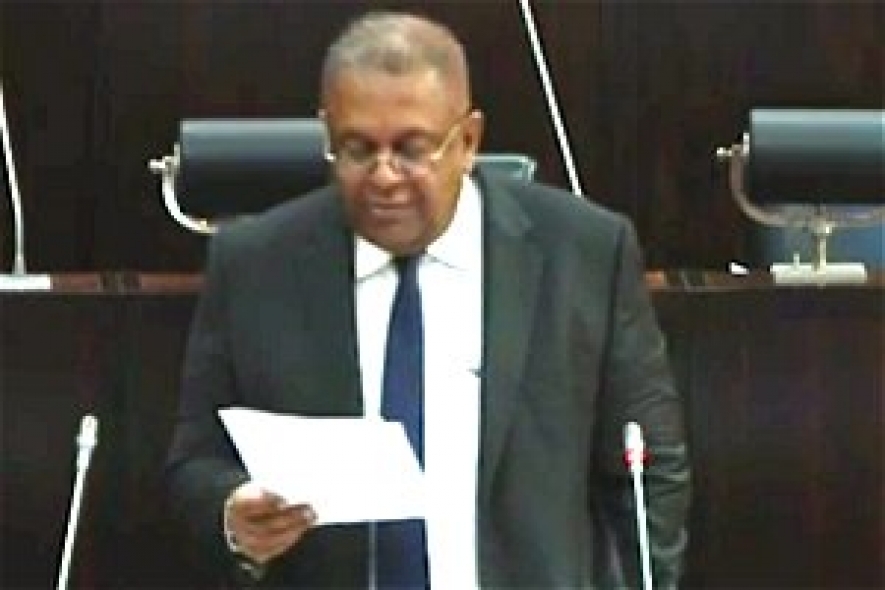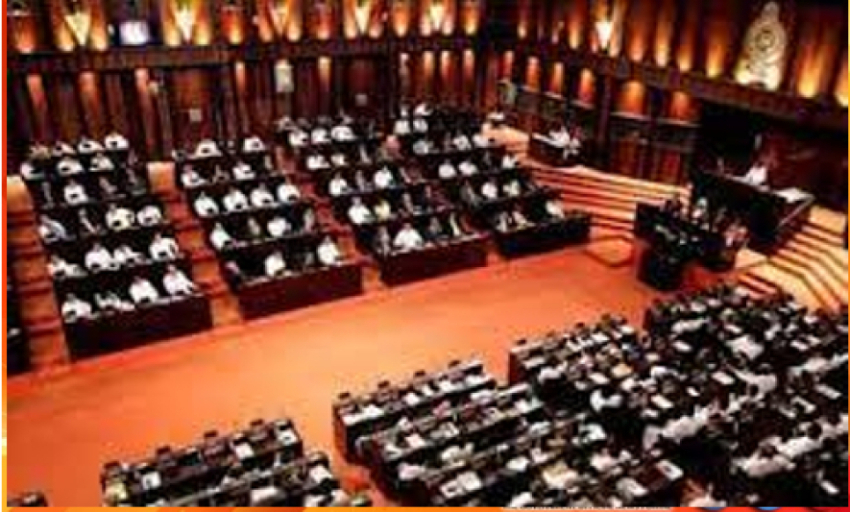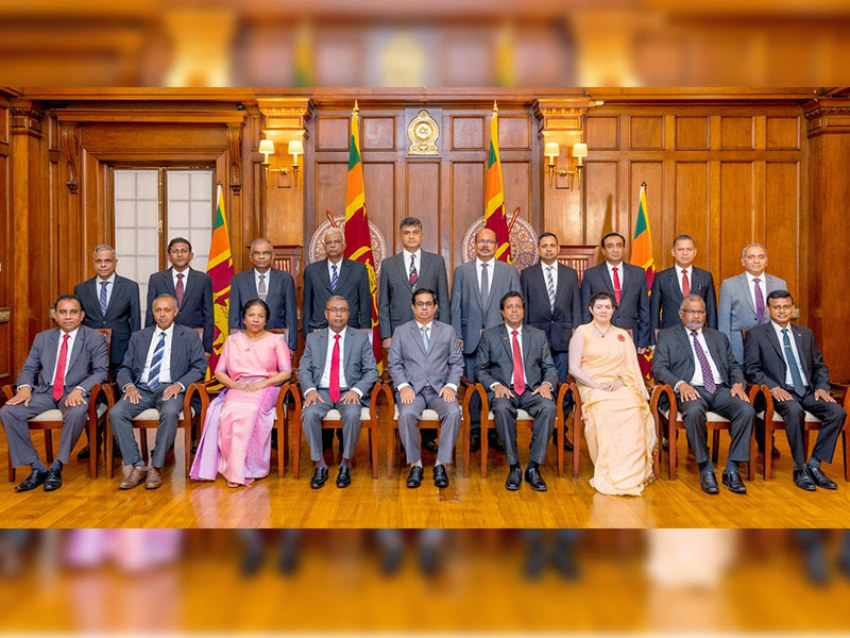Speaking in parliament, Minister Samaraweera pointed out that the primary determinants of the demand for currency are exports and imports of goods and services and net capital flows.In Sri Lanka's case these base indicators remain positive and are moving in the correct direction, he said.
Exports in 2017 reached US$ 11.3 billion, and when net services exports are considered this figure reaches US$ 15.8 billion, according to the Minister.He said the government has taken timely and prudential measures to control imports growth, especially vehicle imports, which is a major outflow of Sri Lanka's foreign exchange.
The Finance Minister pointed out that currency depreciation against strengthening dollar is not limited to Sri Lanka.According to the Minister, from January 1st 2018 till the 18th of Sep 2018, LKR Rupee had depreciated by 7.4%.The Indian Rupee depreciated by 13.5%, Pakistani Rupee by 12.1%, Indonesian Rupiah by 9.5%, Russian Ruble by 18.2%, Brazilian Real by 24.8%, Turkey by 68% & Argentina 112%.
The Minister said further depreciation of rupee can be expected in the future.Responding to the claims that economy is collapsing due to the depreciation of rupee the Minister recalled that in 2011, the Central Bank sold US$ 3.184 billion of reserves in an attempt to defend the currency. "Further US$ 977 million was sold in the first two months of 2012. Nonetheless, the currency crashed from Rs. 113.90 in end 2011 to Rs. 132.55 by end-April 2012 a depreciation of 14% in a few months."
"It is clear that Sri Lanka is by no means the only country subjected to the phenomenon of capital moving of all the frontier and emerging market economies. If we are to remain integrated with the global economy and sell our exports, attract FDI and engage in capital markets, we will certainly be exposed to such volatility," the Minister said.
Minister Samaraweera responding to the concerns on economy said under the current global conditions, it is imperative to build up the safeguards and resilience to be able to meet up to such volatility and further consolidate macroeconomic stability, to provide confidence to global capital markets and towards this end the government has taken the appropriate steps.




















